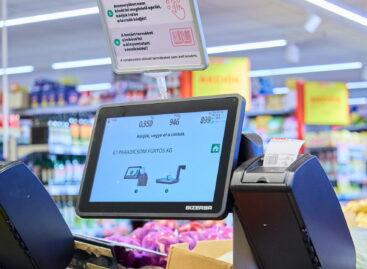The digitization competition in the automotive industry is intensifying
The global vehicle industry is going through one of the most difficult periods in its history: although the total value of the industry is around 3 trillion dollars, the energy crisis, uncertain economic factors and persistent disruptions in supply chains pose a great challenge to manufacturers. Meanwhile, decision-makers expect environmental awareness, and consumers also expect comfort and availability from market players – and they can only respond to this multilateral pressure with continuous automation and technological innovation. Why is digitization a particularly complex task in the automotive industry, where does robotization stand and what developments are manufacturers trying to please customers with? The current digitization trends of the vehicle industry have been collected by an expert from the Stylers information technology company group.

Serial closures due to the pandemic, global economic and political uncertainty, severe semiconductor shortage and energy crisis, significantly changing consumer needs – this market environment shook even the most stable giants of the vehicle industry. At the same time, the challenges have driven the manufacturers into a kind of digitization competition, with which they can not only strengthen their market position against the competition and new entrants, but also provide their customers with a more comfortable and greener travel experience than ever before. This approach affects not only design and production, but also maintenance and operation, and even sales and marketing practice.
“With digitization, manufacturers can introduce new products or business models, strengthen experience-focused customer service, optimize supply chains, increase productivity and provide higher quality. Although the automotive industry is traditionally at the forefront of technological innovations, these developments are often difficult to implement, because digitization is a strategic function that spans the entire organization, and this is the only way it can be truly effective. However, in the vehicle industry, this affects many different activities and areas, so developing a corporate approach to this is a much bigger challenge.”
– says Gábor Gönczy, managing director and owner of the Stylers information technology company group.
Related news
Workers’ wage demands and company wage increase plans are becoming increasingly distant from each other
🎧 Hallgasd a cikket: Lejátszás Szünet Folytatás Leállítás Nyelv: Auto…
Read more >








